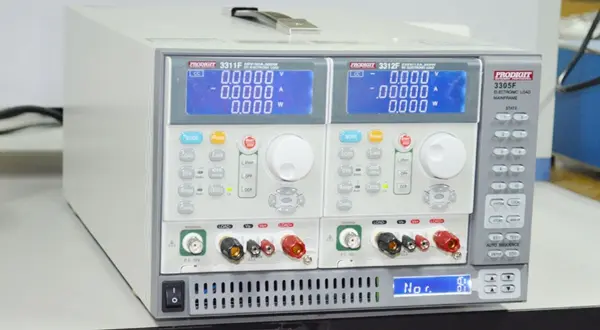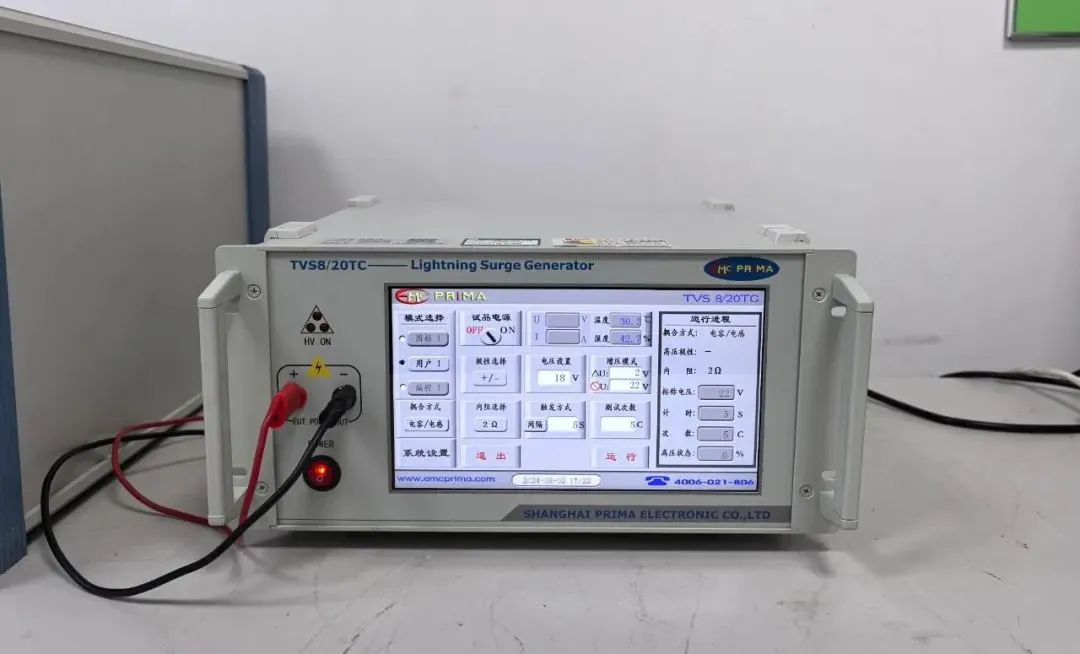
What is METI Filing?
What is meti filing?
METI filing (経済産業省备案) is a mandatory administrative process by Japan’s Ministry of Economy, Trade, and Industry (METI) for electrical products entering the Japanese market, implemented under the Electrical Appliance and Material Safety Act (PSE Law).

- Core Purpose: Ensuring that electrical products sold in Japan (including Amazon and other e-commerce platforms) comply with safety standards, preventing risks such as fire and electric shock due to design flaws.
- Legal Status: Products that have not completed METI filing cannot be sold in the Japanese market, and Amazon will remove non-compliant products.
- Relationship with pse certification:
- PSE Certification: Products must pass safety tests and are categorized into Diamond PSE (high-risk, 116 types) and Round PSE (low-risk, 341 types).
- METI Filing: After obtaining PSE certification, Japanese importers or agents must submit product information to METI for filing and receive a unique filing number.
In short: PSE certification is the "product qualification certificate," while METI filing is the "market entry certificate"—both are essential!
METI Filing Testing Requirements
METI filing itself does not require testing, but the prerequisite is that the product has passed PSE certification. Testing requirements vary by product category:
- Diamond PSE: Must comply with Japanese JIS standards such as JIS C 9335 and JIS C 8712. Typical tests include withstand voltage, insULation resistance, leakage current, abnormal temperature rise, flammability (UL94 V-0), and mechanical strength.
- Round PSE: Must comply with international IEC standards such as iec 60335 and iec 62133. Only basic safety tests are requiRED for non-high-risk products, but some products also need additional EMC tests (e.g., conducted and radiated emissions).
Special Product Additional Tests:
- Lithium Batteries/Power Banks: Must pass un38.3 (air transport safety test) + thermal shock/compression test.
- Power Adapters: Must verify compatibility with Japan’s 100V/50-60Hz power grid.
Detailed METI Filing Process
Step 1: Confirm Product Classification
Check the Electrical Appliance and Material Safety Act appendix to determine if the product falls under Diamond PSE (e.g., chargers) or Round PSE (e.g., LED lamps).
Step 2: Complete PSE Certification
- Diamond PSE: Requires testing and certification by a Japan-recognized laboratory (e.g., JET, JQA), with mandatory factory inspections (initial + annual review).
- Round PSE: Can be self-declared but requires a test report from a CNAS/ILAC-accredited lab.
Step 3: Prepare Filing Documents
- pse certificate/test report (Japanese version)
- Product technical documents (circuit diagram, BOM list, label design)
- Importer information (Japanese company business license)
Step 4: Submit METI Filing
A local Japanese agent submits the filing through METI’s online system, obtaining the METI filing number (e.g., R-123456789).
Step 5: Amazon Compliance Listing
Submit the METI filing number and PSE certificate in the seller backend; some categories require additional Declaration of Conformity (DoC).
Certification Timeline & Costs
Time Planning:
- Diamond PSE: PSE testing takes 4-8 weeks (including factory audit), and METI filing takes 1-2 weeks, totaling 5-10 weeks.
- Round PSE: PSE testing takes 2-4 weeks, and METI filing takes 1-2 weeks, totaling 3-6 weeks.
Cost Breakdown:
- Diamond PSE testing fee: $1,200 - $5,000 (higher for power-related products).
- Round PSE testing fee: $400 - $1,000 (cheaper if done in China).
- METI filing agent fee: $600 - $2,000 (must be filed through a local Japanese agent).
- Factory audit fee (Diamond PSE): $2,000 - $6,000 (required for initial application and annual review).
Cost-saving Tips:
- Combine testing for series products to lower per-unit costs.
- Choose a “testing + filing” one-stop service provider to reduce communication costs.
Applicable Product Scope & Exemptions
Products Requiring METI Filing:
- Household Appliances: Hair dryers, electric kettles, microwaves.
- Power Supply Devices: Chargers, UPS power supplies, inverters.
- Lighting Equipment: LED bulbs, desk lamps, emergency lights.
- Lithium Battery Equipment: Power banks, power tool batteries, drone batteries.
- IT Equipment: Routers, switches, printers.
Exemption Cases:
- DC devices with voltage ≤50V and power ≤100W (some categories).
- Non-circulating samples (customs storage proof required).
Essential Notes for Amazon Sellers
Compliance for Labels & Manuals:
- The product must display the pse mark (diamond or round) and METI filing number, with a label size of at least 3mm.
- The Japanese manual must include safety warnings, importer information, and disposal instructions.
Handling Multiple Models:
- The same series of products (only differing in appearance/color) can share a single filing, but all models must be listed in the filing documents.
Consequences of Non-Compliance:
- Amazon Penalty: Product removal and account fund freeze.
- Legal Risk: Maximum fine of 100 million yen (~$900,000), and company executives may face criminal charges.
Common Reasons for Failure:
- Test report does not match the actual product model.
- Japanese label missing or incorrect information (e.g., filing number omitted).
2024 New Regulations Update
Mandatory Additional Testing for Lithium Batteries:
- Starting April 2024, power banks must undergo thermal propagation testing to prevent chain explosions of battery packs.
Digitalization of Energy Efficiency Labels:
- Products such as air conditioners and refrigerators must display electronic energy efficiency labels (JIS C 9901 standard) on Amazon product pages.
Shortened Document Validity Period:
- The validity period of PSE certificates is reduced from 5 years to 3 years (for Diamond PSE only).
Email:hello@jjrlab.com
Write your message here and send it to us
 What is IEC 62052 for Electrical Energy Measuring
What is IEC 62052 for Electrical Energy Measuring
 Australia LoRa Band 915-928 MHz RCM Compliance
Australia LoRa Band 915-928 MHz RCM Compliance
 What Are the Compliance Certifications for VHF Pro
What Are the Compliance Certifications for VHF Pro
 Which Products Require WERCS Registration?
Which Products Require WERCS Registration?
 Dustproof and Waterproof Ratings IP 54 / IP65 / IP
Dustproof and Waterproof Ratings IP 54 / IP65 / IP
 SAR Standard Testing under the EU CE-RED Directive
SAR Standard Testing under the EU CE-RED Directive
 Differences Between the Three EU Directives: LVD,
Differences Between the Three EU Directives: LVD,
 How to get CE Marking Certification?
How to get CE Marking Certification?
Leave us a message
24-hour online customer service at any time to respond, so that you worry!




